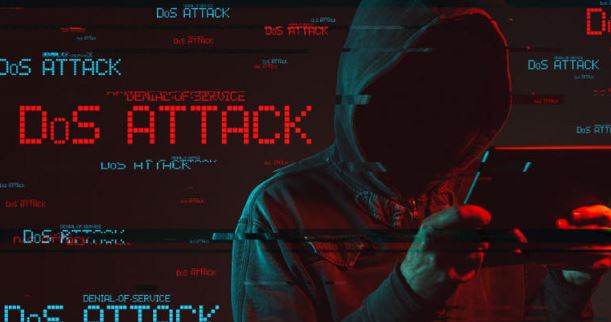A report by the Financial Services Information Analysis and Exchange Center (FS-ISAC), a global cybersecurity intelligence exchange community for financial technology companies (fintech), mentions that during 2020 the networks of more than 100 financial institutions were compromised were targeted by powerful denial of service (DoS) attacks and other hacking variants allegedly deployed by the same individual or hacking group.

Threat actors sent notes to victims threatening to disrupt their computer systems if their demands were not met, involving cryptocurrency payments. This hacking group attacked all kinds of organizations in America, Asia and Europe, including banking institutions, stock exchanges, payment operators, among others.
Thanks to the constant collaboration between the organizations that make up this international effort, it was possible to design and maintain in operation an appropriate mitigation plan, implementing counter-offensive measures in real time to prevent a considerable part of these attacks.
On this operation, FS-ISAC Global Intelligence Director Teresa Walsh says: “Cybercrime is currently a borderless activity. Hacking groups have the capabilities to attack an Asian bank’s technology infrastructure from the United States, Latin America or Europe.”
Walsh believes that this wave of attacks is a clear sign of the need to collaborate and exchange intelligence among members of this organization: “By sharing details of specific incidents we will allow other organizations to adopt the best security mechanisms against the most sophisticated security threats.”
While the trend has been downward since the last quarter of 2020, the organization recommends its members not to let their guard down, as factors such as an uptick in interest in cryptocurrencies can incentivize new global security incidents for financial technology companies.
“It has barely been a couple of months since 2021 and we have already detected the emergence of new security threats, mainly supply chain attacks; the best security method is to anticipate the actions of malicious hackers, which is complex as these groups also advance at considerable speed,” Walsh concludes.
To learn more about computer security risks, malware, vulnerabilities and information technologies, feel free to access the International Institute of Cyber Security (IICS) website.
He is a cyber security and malware researcher. He studied Computer Science and started working as a cyber security analyst in 2006. He is actively working as an cyber security investigator. He also worked for different security companies. His everyday job includes researching about new cyber security incidents. Also he has deep level of knowledge in enterprise security implementation.
